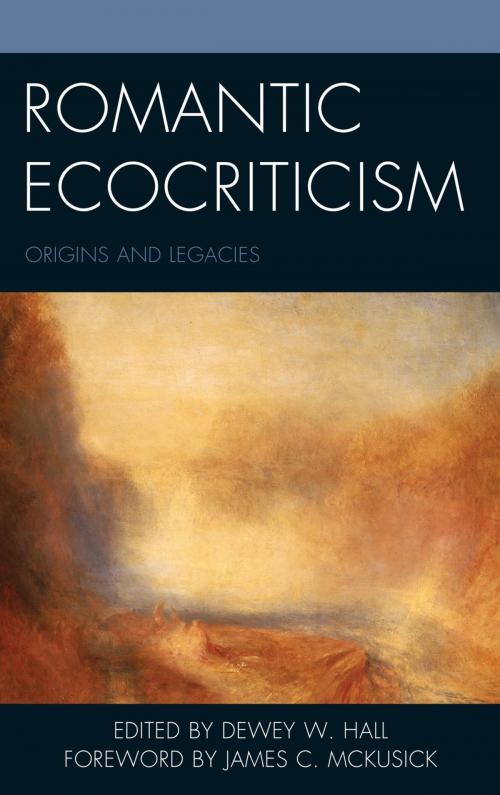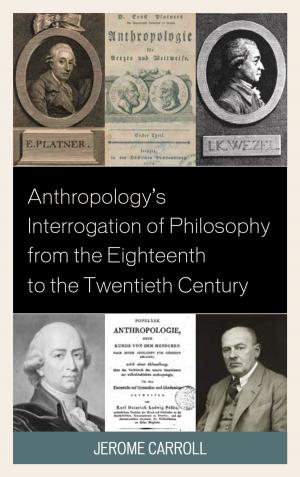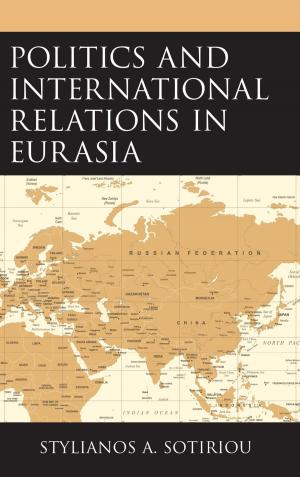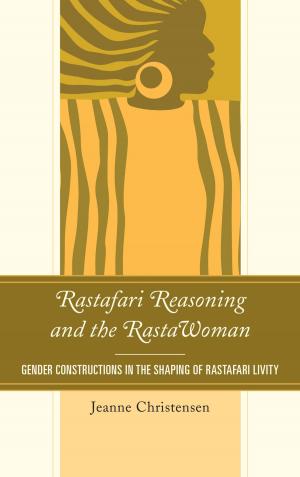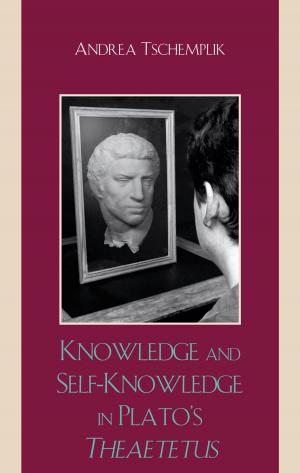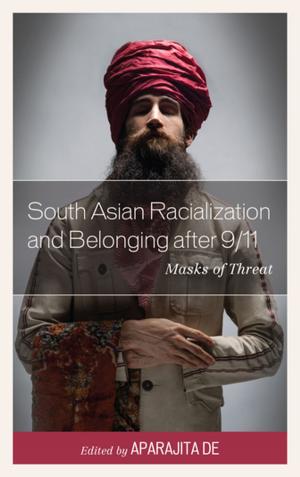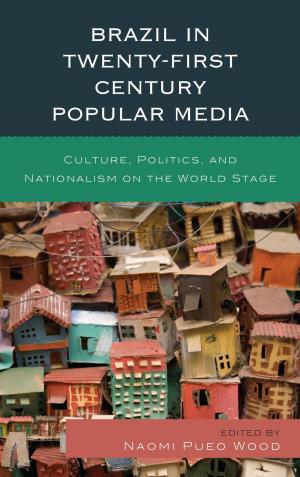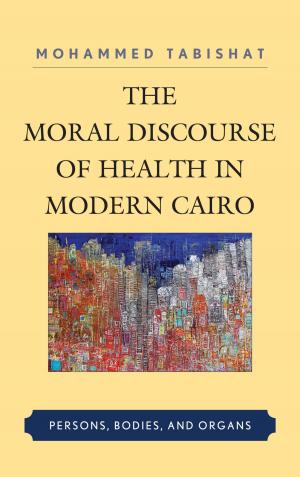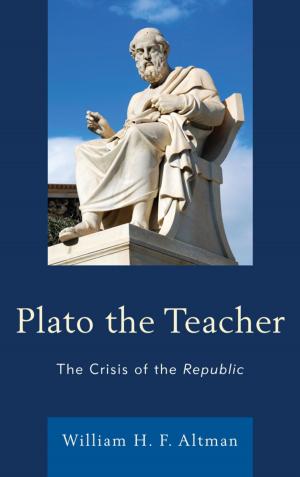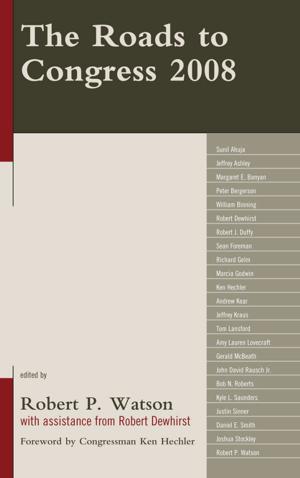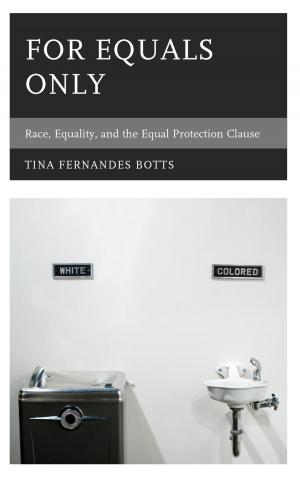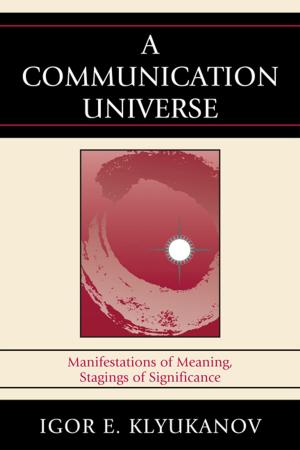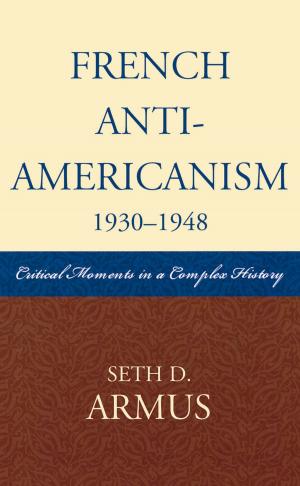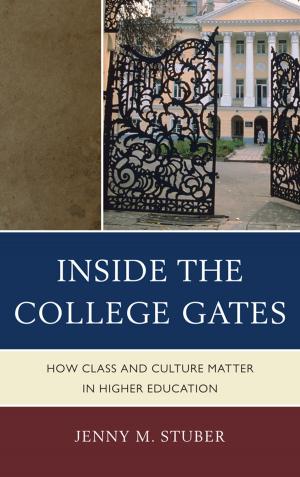Romantic Ecocriticism
Origins and Legacies
Fiction & Literature, Literary Theory & Criticism, Gothic & Romantic, Nonfiction, Science & Nature, Science, Biological Sciences, Ecology| Author: | Colin Carman, Alicia Carroll, Judyta Frodyma, Dewey W. Hall, Gary Harrison, J. Andrew Hubbell, Ryan David Leack, Kaitlin Mondello, Shalon Noble, Lisa Ottum, Marcus Tomalin, Bryon Williams | ISBN: | 9781498518024 |
| Publisher: | Lexington Books | Publication: | March 15, 2016 |
| Imprint: | Lexington Books | Language: | English |
| Author: | Colin Carman, Alicia Carroll, Judyta Frodyma, Dewey W. Hall, Gary Harrison, J. Andrew Hubbell, Ryan David Leack, Kaitlin Mondello, Shalon Noble, Lisa Ottum, Marcus Tomalin, Bryon Williams |
| ISBN: | 9781498518024 |
| Publisher: | Lexington Books |
| Publication: | March 15, 2016 |
| Imprint: | Lexington Books |
| Language: | English |
Romantic Ecocriticism: Origins and Legacies is unique due to its rare assemblage of essays, which has not appeared within an edited collection before. Romantic Ecocriticism is distinct because the essays in the collection develop transnational and transhistorical approaches to the proto-ecological early environmental aspects in British and American Romanticism. First, the edition’s transnational approach is evident through transatlantic connections such as, but are not limited to, comparisons among the following writers: William Wordsworth, William Howitt, and Henry D. Thoreau; John Clare and Aldo Leopold; Charles Darwin and Ralph W. Emerson. Second, the transhistorical approach of Romantic**Ecocriticism is evident in connections among the following writers: William Wordsworth and Emily Bronte; Thomas Malthus and George Gordon Byron; James Hutton and Percy Shelley; Erasmus Darwin and Charlotte Smith; Gilbert White and Dorothy Wordsworth among others. Thus, Romantic Ecocriticism offers a dynamic collection of essays dedicated to links between scientists and literary figures interested in natural history.
Romantic Ecocriticism: Origins and Legacies is unique due to its rare assemblage of essays, which has not appeared within an edited collection before. Romantic Ecocriticism is distinct because the essays in the collection develop transnational and transhistorical approaches to the proto-ecological early environmental aspects in British and American Romanticism. First, the edition’s transnational approach is evident through transatlantic connections such as, but are not limited to, comparisons among the following writers: William Wordsworth, William Howitt, and Henry D. Thoreau; John Clare and Aldo Leopold; Charles Darwin and Ralph W. Emerson. Second, the transhistorical approach of Romantic**Ecocriticism is evident in connections among the following writers: William Wordsworth and Emily Bronte; Thomas Malthus and George Gordon Byron; James Hutton and Percy Shelley; Erasmus Darwin and Charlotte Smith; Gilbert White and Dorothy Wordsworth among others. Thus, Romantic Ecocriticism offers a dynamic collection of essays dedicated to links between scientists and literary figures interested in natural history.
